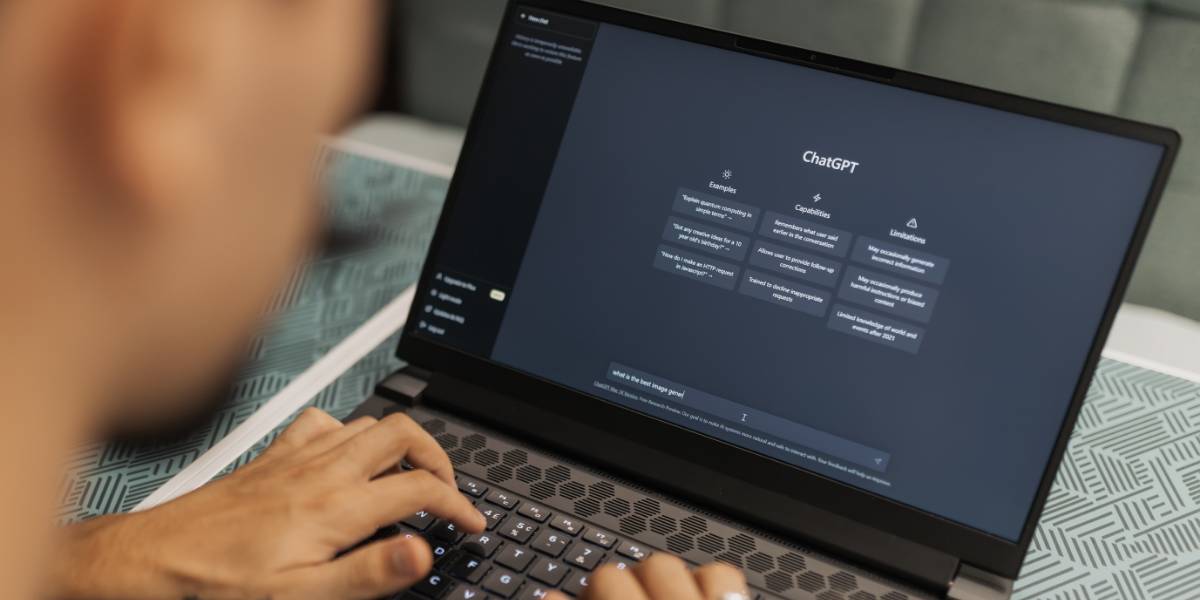The use of AI-generated alerts which warn hospital staff of changes in a patient’s condition significantly reduce their risk of dying, research has shown.
The alerts, which allow for earlier intervention by medics, mean that patients are 43% more likely to have their care escalated, which “substantially improves” outcomes, the researchers say.
Lead study author Matthew Levin, Professor of Anesthesiology, Perioperative and Pain Medicine at The Mount Sinai Hospital, said: “We wanted to see if quick alerts made by AI and machine learning, trained on many different types of patient data, could help reduce both how often patients need intensive care and their chances of dying in the hospital.
- AI can improve efficiency of an artificial pancreas, scientists say
- Patients prefer ChatGPT responses over doctors’ responses
- Study to detect type 2 diabetes from voice launches
“Traditionally, we have relied on older manual methods such as the Modified Early Warning Score (MEWS) to predict clinical deterioration.
“However, our study shows automated machine learning algorithm scores that trigger evaluation by the provider can outperform these earlier methods in accurately predicting this decline.
“Importantly, it allows for earlier intervention, which could save more lives.”
The study involved 2,740 patients across four surgical units at The Mount Sinai Hospital in New York. They were split into two groups, with the first group receiving real-time alerts based on predictions of health deterioration which were sent to doctors or rapid response teams.
For the second group, these alerts were generated but not sent to the medical team. In this instance, where patients met the deterioration criteria, they received emergency intervention.
Senior study author David Reich, President of The Mount Sinai Hospital and Mount Sinai Queens, the Horace W. Goldsmith Professor of Anesthesiology, and Professor of Artificial Intelligence and Human Health at Icahn Mount Sinai, said: “Our research shows that real-time alerts using machine learning can substantially improve patient outcomes.
- AI model flags up hypo symptoms to drivers with diabetes
- AI-powered eye exams improve screening rates among young people with diabetes
- AI support for paramedics could save lives
“These models are accurate and timely aids to clinical decision-making that help us bring the right team to the right patient at the right time. We think of these as ‘augmented intelligence’ tools that speed in-person clinical evaluations by our physicians and nurses and prompt the treatments that keep our patients safer. These are key steps toward the goal of becoming a learning health system.”
The study also found that the use of alerts meant patients were more likely to receive medication for their heart and circulation and were less likely to die within 30 days.
The AI alert system is continually being developed. Every day, a team of intensive care doctors visit the group of patients with the highest prediction scores every day and make recommendations to patients’ medics. Over time, with the algorithm being constantly retrained on more patients, it becomes more accurate.




